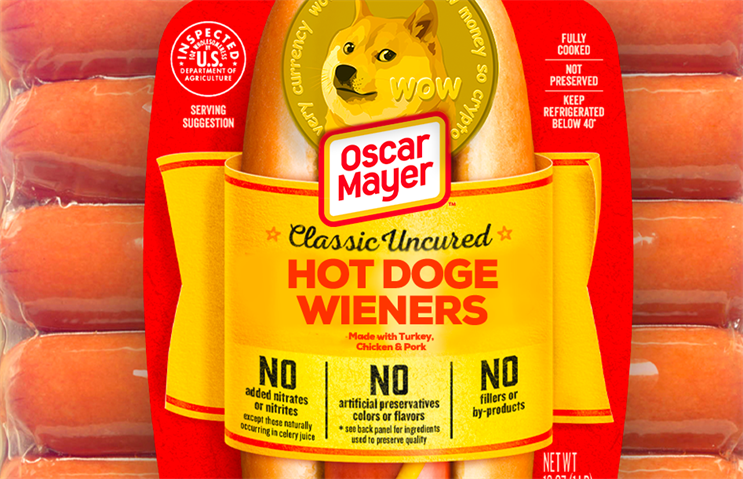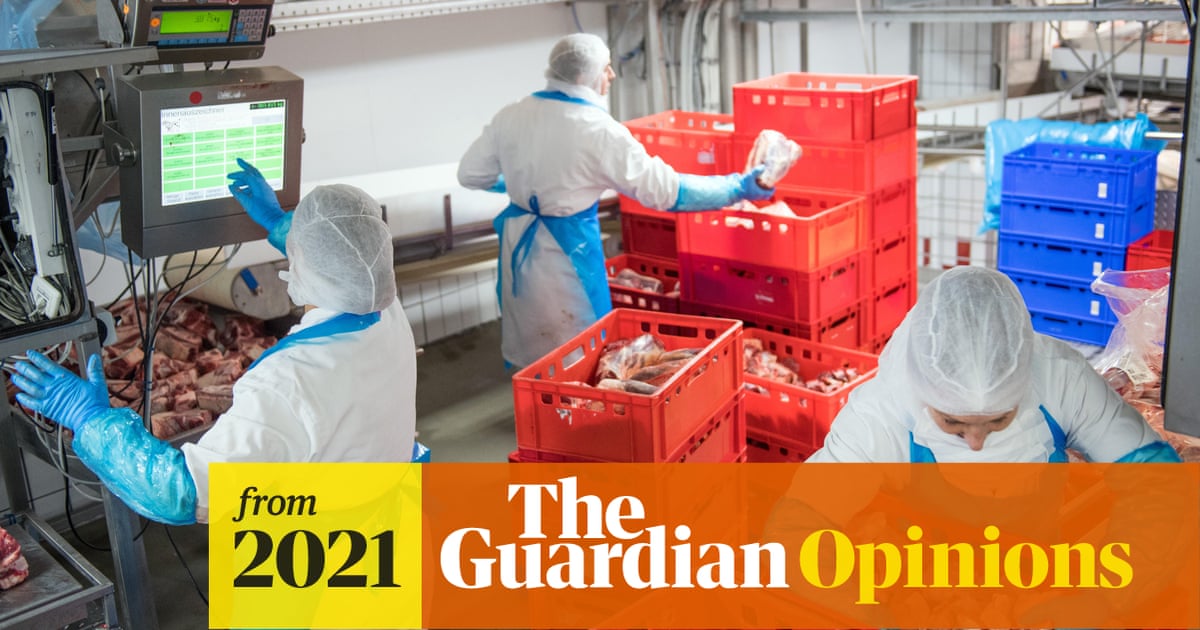The Guardian: Livestock industry lobbying UN to support more meat production. Livestock industry lobbying UN to support more meat production
Livestock groups have been lobbying the UN to support more meat and dairy production before a high-profile summit on food sustainability, documents reveal. Most experts agree that livestock are responsible for at least 14% of global emissions, while a study published last week found the use of animals for meat causes twice the planet-heating gases that plant-based foods do.
Livestock groups have been lobbying the UN to support more meat and dairy production before a high-profile summit on food sustainability, documents reveal. Most experts agree that livestock are responsible for at least 14% of global emissions, while a study published last week found the use of animals for meat causes twice the planet-heating gases that plant-based foods do.





